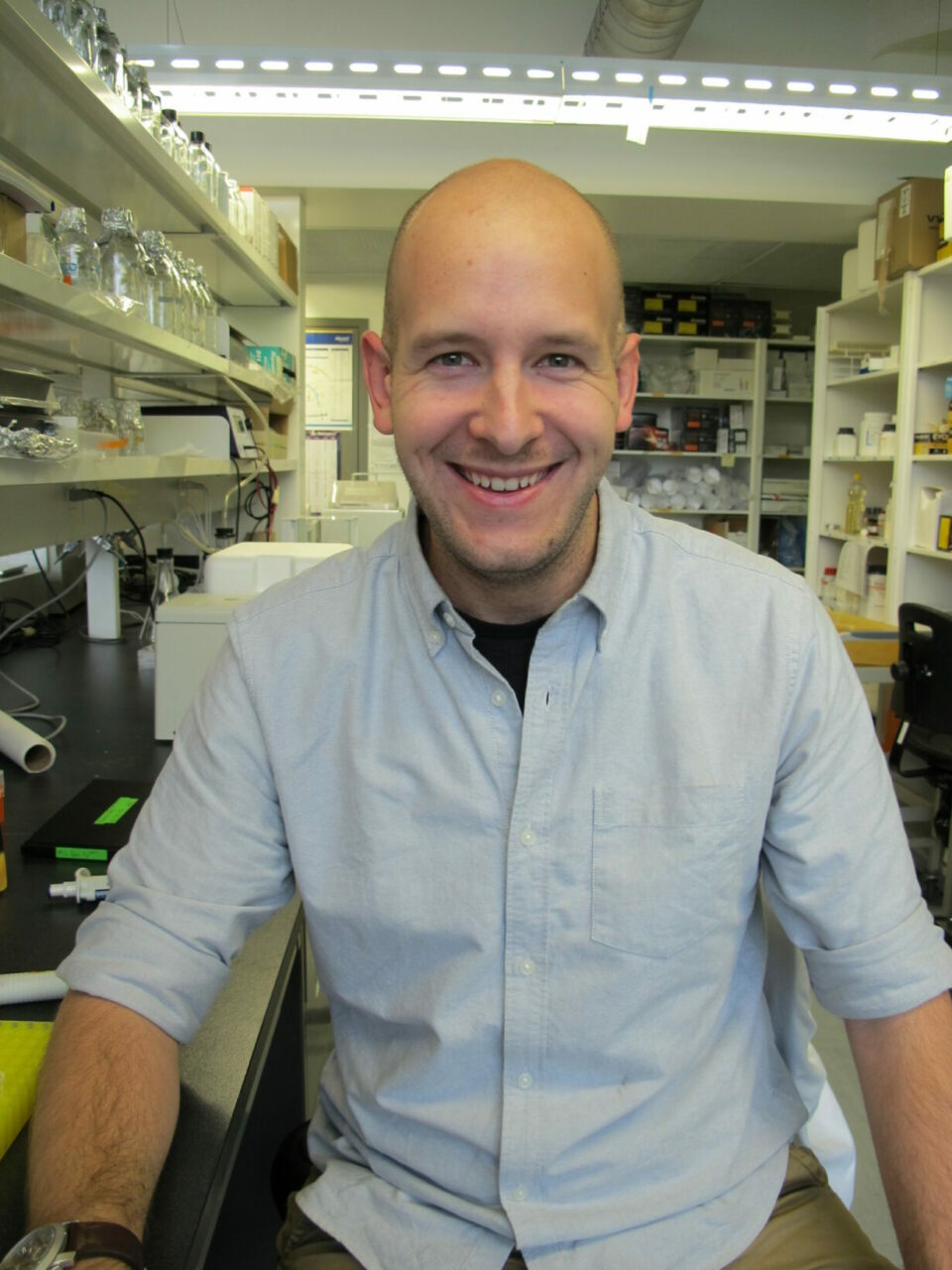 With a view to providing the next generation of prostate cancer researchers with the very best development, Prostate Cancer Canada (PCC) has chosen three postdoctoral fellows and seven PhD candidates from across Canada as the recipients for this year’s prestigious personnel awards. Included among the recipients is McGill student Maxwell Shafer.
With a view to providing the next generation of prostate cancer researchers with the very best development, Prostate Cancer Canada (PCC) has chosen three postdoctoral fellows and seven PhD candidates from across Canada as the recipients for this year’s prestigious personnel awards. Included among the recipients is McGill student Maxwell Shafer.
Each recipient of a Postdoctoral Research Fellowship in Prostate Cancer Research award has received $60,000, while each recipient of the Graduate Studentship in the same area has received a $40,000 award. These awards will support them as they realize their potential as the next wave of research leaders in the prevention, diagnosis, treatment and recovery of prostate cancer.
“Following a rigorous selection process, we are funding top prospects who are preparing for careers in prostate cancer research, ensuring the baton of discovery and hope gets passed on to capable minds,” says Dr. Stuart Edmonds, VP of Research, Health Promotion and Survivorship at Prostate Cancer Canada. “In addition to the funds, these trainees are being mentored by some of Canada’s top current researchers in prostate cancer, who will nurture and prepare them to accomplish great things.”
“This award will fund my ongoing studies on prostate stem cells and the mechanisms which control their duplication and division,” says Shafer, who is completing his PhD in biochemistry in the lab of Dr. Maxime Bouchard and is the recipient of the Kenneth Odell Graduate Studentship award. “I think it’s great that Prostate Cancer Canada has funded basic research like mine, because it is discoveries made in basic science which lay the foundation for translational research, and eventually to therapies for cancer.”
Based on research around the role of stem cells in regulating cell division, Maxwell is examining a prostate-specific stem cell that can lead to cancer and severe defects in prostate growth if it mutates. On this basis, he will determine the role and importance of the deterioration of this stem cell in the progression of prostate cancer. This research has the potential to identify new therapeutic targets or biomarkers that may pave the way for new diagnostic, prevention, and treatment discoveries.
Congratulations Maxwell!
